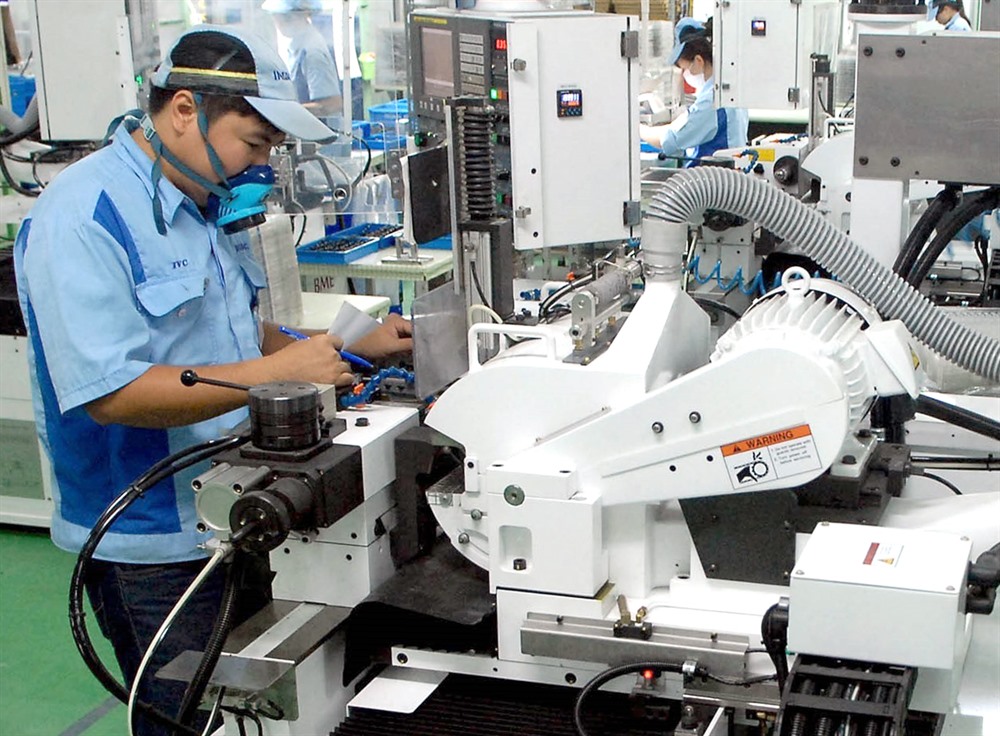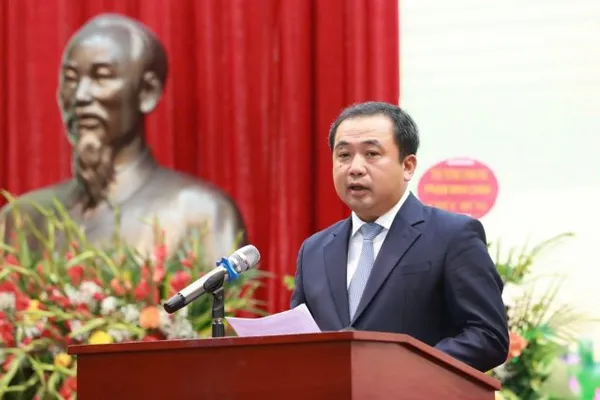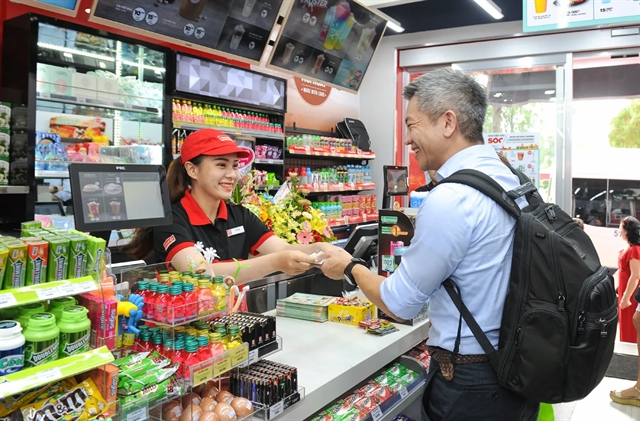 Economy
Economy

Preferential policies should be granted more selectively, targeting FDI businesses with effective operation rather than the scale of investment, Deputy Prime Minister Vương Đình Huệ said at a working session with the Ministry of Finance in Hà Nội on February 28.
 |
| A worker of the Japan-invested INOAC Việt Nam Co Ltd controls an electronic component manufacturing chain. The FDI sector currently enjoys more incentives than other economic sectors. — VNA/VNS Photo Danh Lam |
HÀ NỘI — Preferential policies should be granted more selectively, targeting FDI businesses with effective operation rather than the scale of investment, Deputy Prime Minister Vương Đình Huệ said at a working session with the Ministry of Finance in Hà Nội on February 28.
He said it was important to both attract investment and ensure revenue for the State budget, stressing that the goal was to promote FDI in an oriented and selective way.
The Deputy PM said it is necessary to develop a mechanism to encourage FDI firms to increase their capital and reduce loans as well as build a national information data system to share information on registration, investment expansion, revenue, profits and production costs of FDI firms.
Deputy Minister of Finance Huỳnh Quang Hải reported that Việt Nam was home to 21,400 FDI firms, accounting for 3 per cent of total businesses in the country.
In 2017, the FDI sector’s revenue increased by 28 per cent compared to 2016.
The sector accounted for over 70 per cent of the country’s export-import turnover and 15 per cent of State budget revenue.
However, the attraction of foreign investment still had shortcomings, with the flow of FDI mainly focusing on labour-intensive sectors and areas with favourable natural and social conditions.
He noted that more than 50 per cent of FDI businesses reported losses in the past three years, making the price transfer more complicated.
Meanwhile, the FDI sector’s contribution to the State budget was growing at a slower pace than the growth rates in pre-tax and post-tax profits (7 per cent compared to 19.2 per cent and 22 per cent).
The Finance Ministry attributed this to the various tax incentives granted to foreign investors and big projects in prioritised industries and fields. The FDI sector currently enjoys more incentives than other economic sectors. — VNS




